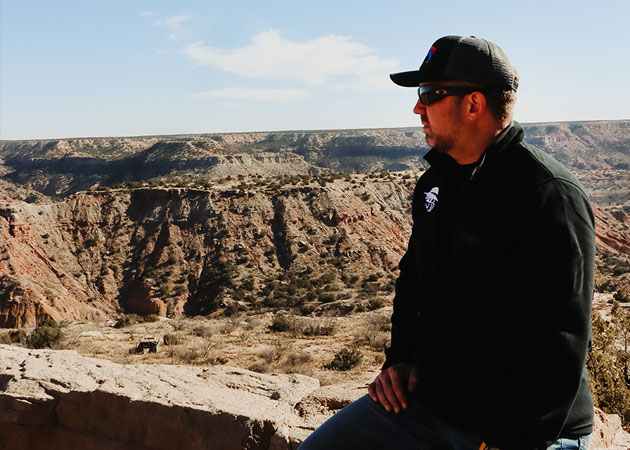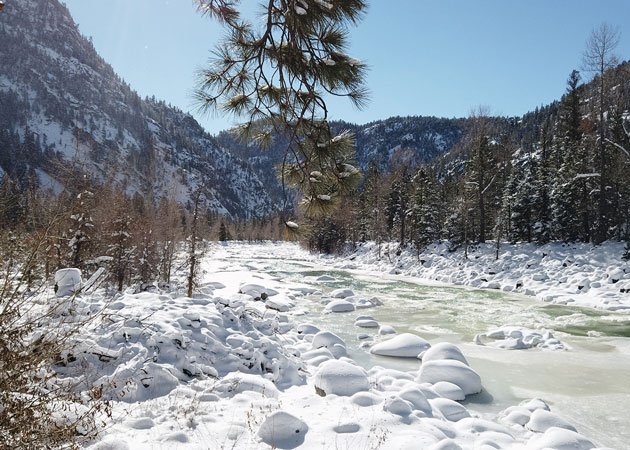In the book “The Myth Of The Family Farm: Agribusiness Dominance Of U.S. Agriculture” by Ingolf Vogeler, the author states, “Rural land is a vital resource, even in an urban industrial society. Private and public ownerhip of land influence the prices we pay for food; they control the amount and kind of openspace for private recreational use, and they control the timber supplies. Land resources themselves provide the basic societal needs: food, timber, fuels, minerals, and amenities – and hence owners of land acquire income in the short term and wealth, security, and status in the long term. Land is a means of distributing and exercising power.”
Myths About Agricultural Land Ownership
If you have had an inkling towards the classic American pastoral lifestyle, there is some good news: your dreams are more within reach than you think. However, there are certain pervasive myths about agriculture land ownership that prevent many people from making the leap into land ownership as an investment.
Myth #1 I’ll Need a Degree in Agricultural Sciences to Make Good on my Investment
To a certain extent, you will need to know about agriculture to see the biggest return on your investment. But ultimately, how much you need to know comes down to what sort of relationship you want to have with your real-estate acquisition.
If you want the classic old McDonald (you know, the one who had a farm) experience, then yes. You will need to start learning the ins and outs of the industry.
However, many people view land investments in the same way that you might consider a stock.
You don’t need to know how to build an iPhone to buy shares, right? Similarly, you don’t need to know everything about cotton to benefit from a lucrative farm investment.
It’s easier than ever to hire out modern technology which is making contemporary farming less hands on than ever.
As a result, farming does not need to be the hands on experience that it once was.
Myth #2 Agriculture is a Risky Investment
To be fair, every investment is risky. When you hear someone say that one isn’t, it’s because they are probably trying to take your money.
But agriculture is actually less risky than most investment opportunities. The value of the land itself is likely to appreciate, while crop production is virtually untouched by trends in the economy.
Granted, there are a different set of risks to farming: inclement weather, pests, disease.
But in the grand scheme things, agriculture represents a low risk, high reward investment.
Myth #3 It Takes Decades to Recoup the Principal Investment
Yes and no. As with most real-estate acquisitions, the principal overhead for an agricultural investment is substantial.
As a result, farming is not a great fit for people that need to see immediate returns on the principal.
But, it also doesn’t need to take decades. Depending on how you finance your purchase, you may make up the principal in under ten years.
Myth #4 It’s Going to Cost $100,000
Agricultural investments certainly can cost hundreds of thousands of dollars, or even more. However, if you are still only willing to flirt with the idea of farming as a revenue stream, you can buy in for less.
In some cases, you may find opportunities for under $10,000, which can be a great way to dip your toe into the world of real-estate investment.
Modest investments will buy you small parcels of land, which may not yield the same level of returns as larger purchases. However, it will introduce you into the world of Texas agricultural real-estate, which has been enjoying a boom in the last few years.
Conclusion
Is investing in agricultural real-estate right for you? We’d say probably yes. Low risk high-reward investments are usually suitable for most people. Don’t let bad information hold you back from making an investment that can be potentially life changing.



